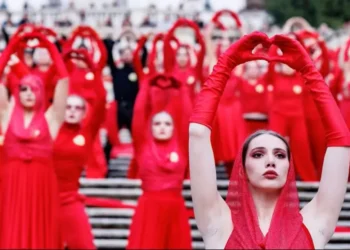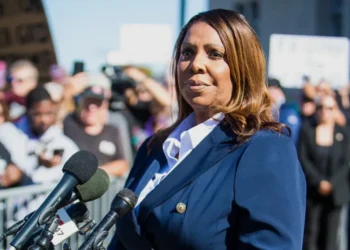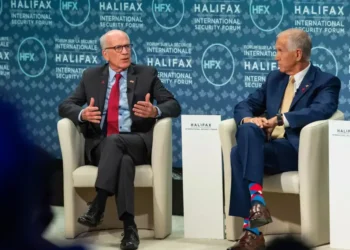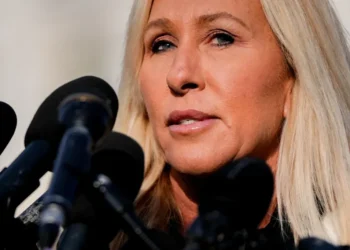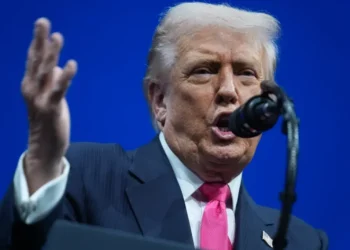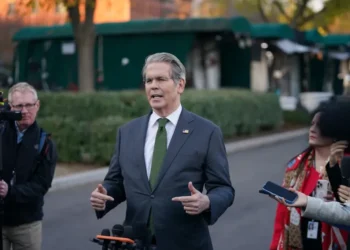US Universities Urge International Students to Return Before Trump Inauguration Amid Uncertainty
Fear and uncertainty are gripping many US college campuses ahead of President-elect Donald Trump’s January 20 inauguration. Universities are urging international students to return early from winter break, citing the potential for another travel ban similar to the one that disrupted lives during Trump’s first term.
Rising Concerns Over Immigration Policies
With over 1.1 million international students enrolled in the 2023-24 academic year, concerns are mounting about Trump’s proposed immigration policies. These include expanding his previous travel ban on predominantly Muslim countries and revoking visas for “radical anti-American and antisemitic foreigners.”
International students generally hold nonimmigrant visas that allow study in the US but offer no clear path to residency. For students like Pramath Pratap Misra, a 23-year-old Indian graduate from New York University (NYU), it’s a time of heightened anxiety. NYU, which hosted more than 27,000 international students last year, exemplifies the precarious situation faced by foreign students.
Travel Advisory: Return Before Inauguration
Several universities, including Cornell University and the University of Southern California (USC), are strongly advising international students to cut short or avoid travel plans outside the US before the inauguration. Cornell’s Office of Global Learning warned students to return before January 21, citing potential travel bans targeting countries like Iran, Libya, Nigeria, and even major nations such as China and India.
USC, home to over 17,000 international students, urged students to return a week before Trump takes office, emphasizing that executive orders affecting travel and visa processing could be imminent.
Implications Beyond Travel
Trump’s promise of “mass deportations” casts a wide shadow, affecting students across industries such as agriculture, construction, and healthcare. At the same time, he has proposed granting green cards to foreign graduates of US universities — but only to the “most skilled” individuals. A campaign spokesperson clarified this would exclude groups Trump perceives as “radical” or “anti-American.”
Universities Offer Support Amid Uncertainty
Institutions like UCLA reassured students that immigration information would remain confidential unless required by law. NYU emphasized its commitment to cross-border mobility, vowing to monitor and address immigration-related policies.
Other universities are stepping up with guidance and resources:
- University of Massachusetts Amherst encouraged early returns “out of an abundance of caution.”
- Northeastern University, second only to NYU in international student enrollment, recommended returning by January 6 to avoid disruptions.
- Harvard University advised budgeting extra time ahead of the semester.
Uncertainty for the Future
Some students, like Gabrielle Balreira Fontenelle Mota, a Brazilian junior at NYU, expressed concerns about ideological screenings Trump has promised to implement. While not directly from a targeted country, she fears broader restrictions could still impact her future.
Stuart Anderson, Executive Director of the National Foundation for American Policy, noted during a briefing that Trump’s second term would likely echo his first, with sweeping restrictions on foreign-born students and workers.
Conclusion
As the inauguration nears, international students and universities alike are bracing for potential policy shifts. From travel bans to ideological screenings, the uncertainty surrounding Trump’s immigration agenda underscores the challenges for the global academic community. Institutions are urging vigilance and preparation to safeguard educational pursuits amid an unpredictable political landscape.
This article was rewritten by JournosNews.com based on verified reporting from trusted sources. The content has been independently reviewed, fact-checked, and edited for accuracy, neutrality, tone, and global readability in accordance with Google News and AdSense standards.
All opinions, quotes, or statements from contributors, experts, or sourced organizations do not necessarily reflect the views of JournosNews.com. JournosNews.com maintains full editorial independence from any external funders, sponsors, or organizations.
Stay informed with JournosNews.com — your trusted source for verified global reporting and in-depth analysis. Follow us on Google News, BlueSky, and X for real-time updates.



